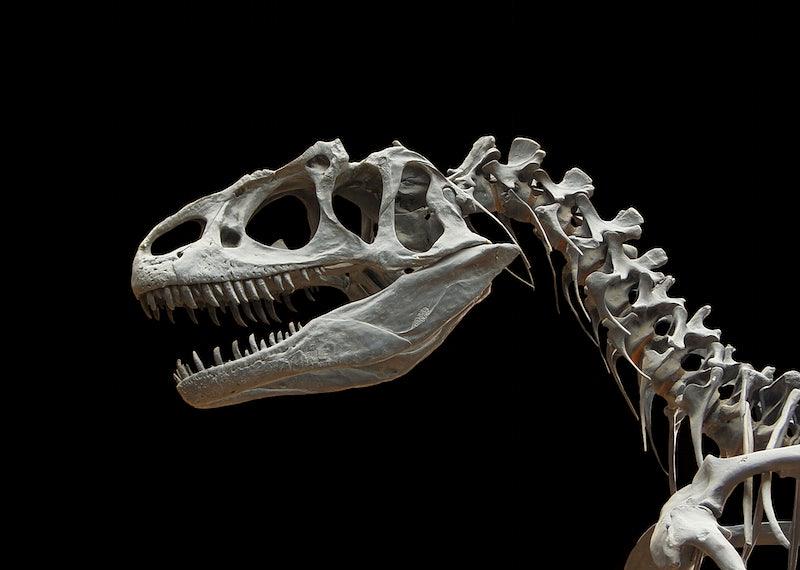
Air Quality Monitoring Lab
by Margaret Mott
In this engaging lesson, students move the learning from within the classroom to outside its walls in order to study and record air quality readings (with no tech and tech applications). Students gain an understanding of the significance of the readings along with the use of the correct vocabulary and publish their findings on a citizen science project website.
Lesson Plan Link/URL
https://docs.google.com/presentation/d/1aSuJwqiILHXlnVxpQnNUFwMN9t1iSCu0/edit?u…Subject Area
Science Earth and Space Science E1: Earth Systems Technology 5. Computational Thinker 7. Global Collaborator Engineering S1: Engineering & Global Society Mathematics Measurement and Data (MD) Statistics and Probability (SP)
Featured
Off
Related Content

Grades:
Kindergarten, 1st Grade, 2nd Grade, 3rd Grade, 4th Grade, 5th Grade, 6th Grade, 7th Grade, 8th Grade
Most students are likely familiar with popular films like Happy Feet, Surf’s Up, Penguins of Madagascar, and classic books like Mr. Popper's Penguins. Capitalizing on this familiarity with penguins

Grades:
6th Grade, 7th Grade, 8th Grade, 9th Grade, 10th Grade, 11th Grade, 12th Grade
Students put together fossil bone cut outs to determine a prehistoric species before learning about the different ways scientists determine the physical characteristics of extinct organisms.

Grades:
6th Grade
This lesson is a four-day unit lesson that highlights the understanding of the climate, geography, trends in the change of temperature, and the related changes in precipitation in the state. This